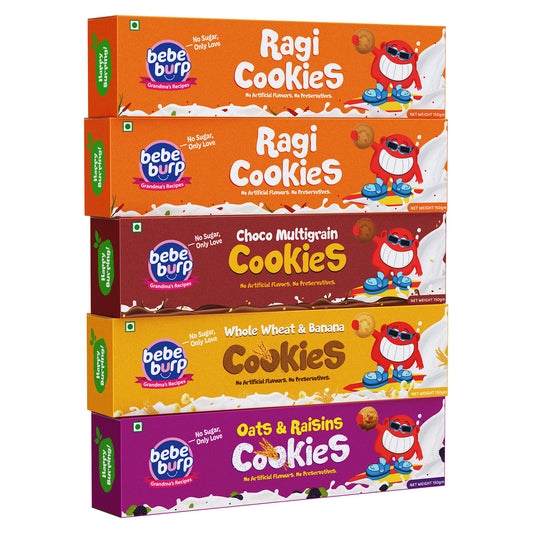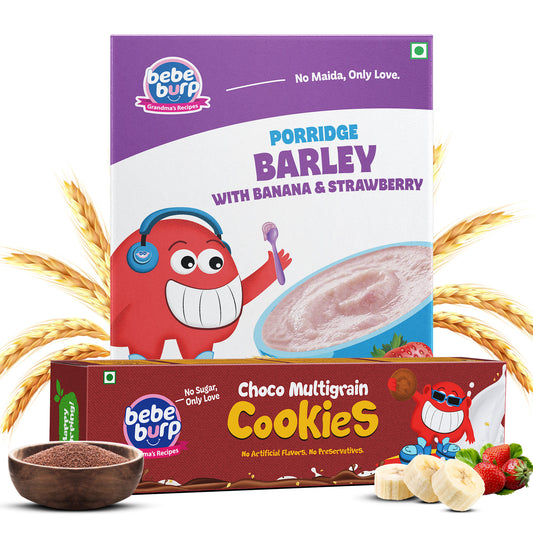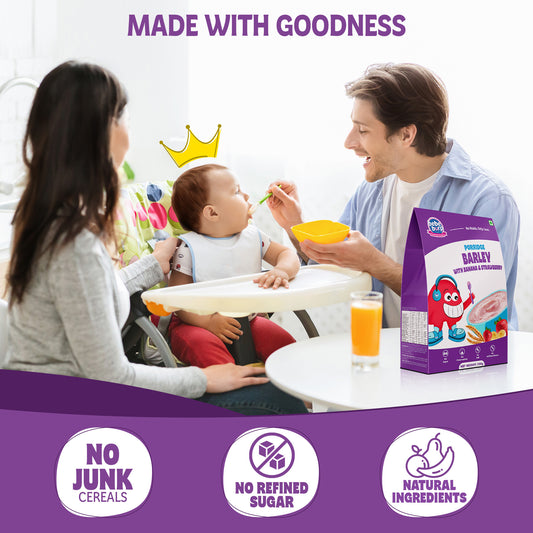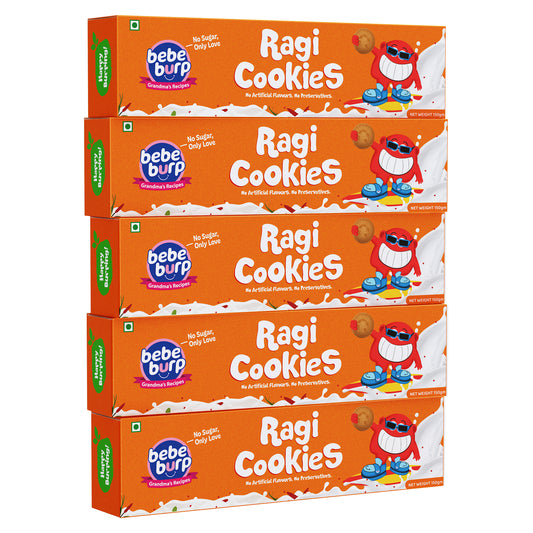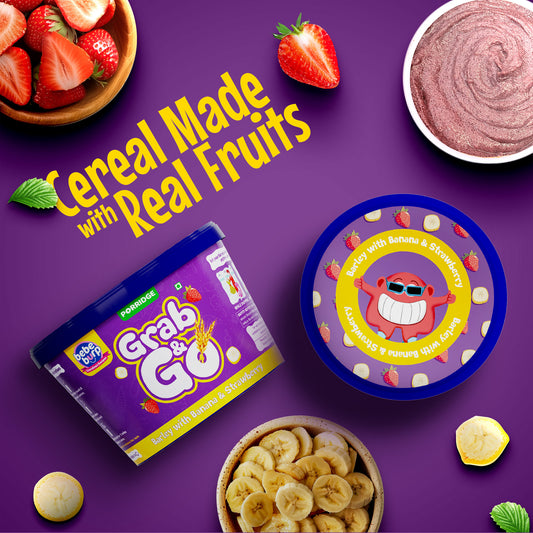Feeling unsure about ways to help your child's bones stay healthy and strong? That's something almost every parent thinks about.
With so much happening all around us, it can be tricky to make sure calcium for kids is getting enough, which they need.
In reality, the calcium your child consumes now will help protect their bones as they get older.
Your child’s bones and overall health rely greatly on calcium. Among the best sources are milk, yogurt, cheese, leafy greens, tofu and foods that have added calcium.
Helping your kid stay strong and healthy and develop well is possible with wise nutritional choices.
Why is Calcium Important for Kids?
Having enough calcium helps make your bones and teeth strong. The development of growing children depends on calcium.
- Helping muscles work as they should
- Helping movement along nerves
- Forming blood clots in a regular way
- Ensuring your heart beats in a healthy way
Since bones grow fast in childhood and the teen years, an adequate supply of calcium is needed to prevent a lack of calcium and developing osteoporosis later in life.
How Much Calcium Do Kids Need?
clear and easy-to-understand calcium requirement chart for children, based on recommendations from the National Institutes of Health (NIH) and American Academy of Pediatrics (AAP):
Daily Calcium Requirements for Children
|
Age Group |
Recommended Daily Calcium (mg) |
|
0–6 months |
200 mg |
|
7–12 months |
260 mg |
|
1–3 years |
700 mg |
|
4–8 years |
1,000 mg |
|
9–18 years |
1,300 mg |
Young people especially should make sure they get more calcium in their diets during these years. Achieving these goals means your bones are set up for healthiness as you grow up.
Best Calcium-Rich Foods for Kids
Getting different kinds of foods in your diet helps kids get enough calcium. Here is the list of meals that give you plenty of calcium.
Dairy Products
- Milk (whole, low-fat, or fortified plant-based alternatives)
- Yogurt
- Cheese
Leafy Greens
- Kale
- Collard greens
- Bok choy
Calcium-Fortified Foods
- Fortified cereals
- Fortified orange juice
- Fortified plant milks (soy, almond, oat)
Other Sources
- Tofu (with calcium sulfate)
- Canned fish with bones (salmon, sardines)
- Beans and lentils
- Almonds and chia seeds
Tips for Boosting Calcium Intake in Kids
It’s easy to get enough calcium if you know what to eat. Here are tips you can use if you’re a parent:
- Blend yogurt or milk, pieces of fruit and a few handfuls of spinach to make a smoothie.
- Try adding kale or collards to any pasta sauce you prepare or casserole you make.
- Healthy snack ideas are string cheese, small cups of yogurt or cereal bars fortified with nutrients.
- Give them a warm or cold glass of Millet Milk Mix – Ragi & Chocolate – A delicious daily habit that adds calcium, iron, and protein in one go.
- When your child’s food has low calcium, talk to your pediatrician about using supplements.
Calcium for Bones – How Calcium Supports Healthy Growth
Most bone mass is built during childhood and adolescence. Calcium helps:
- Increase bone density
- Prevent bone fractures
- Support height and skeletal development
- Reduce the risk of future osteoporosis
Paired with vitamin D (which helps calcium absorption), calcium becomes even more effective. Encourage outdoor play and balanced meals to support both nutrients.
FAQs about Calcium for Kids
Q1) Is it possible for kids to get enough calcium without dairy in their diet?
Ans: Yes! Planning meals allows you to get enough calcium using fortified plant milks, dark leafy vegetables, tofu or supplements if required.
Q2) What will happen if a child does not get the calories they need?
Ans: Childhood calcium shortage may cause children to have weak bones, a higher risk of cracks and slow or delayed growth.
Q3) Is excessive calcium in your diet unsafe?
Ans: If you take a lot of calcium from supplements, it might harm your kidneys or interfere with the body’s absorption of different minerals. Eat no more than the daily guidelines recommend.
Q4) Is it necessary for my child to have a calcium supplement?
Ans: Most of the time, kids can eat their way out of hunger, but you should talk to your doctor if you feel something isn’t right.
Conclusion
Strong bones in your child depend mostly on calcium. Feeding kids foods that are rich in calcium and following simple health guidelines will give them the nutrients they should have to thrive.



